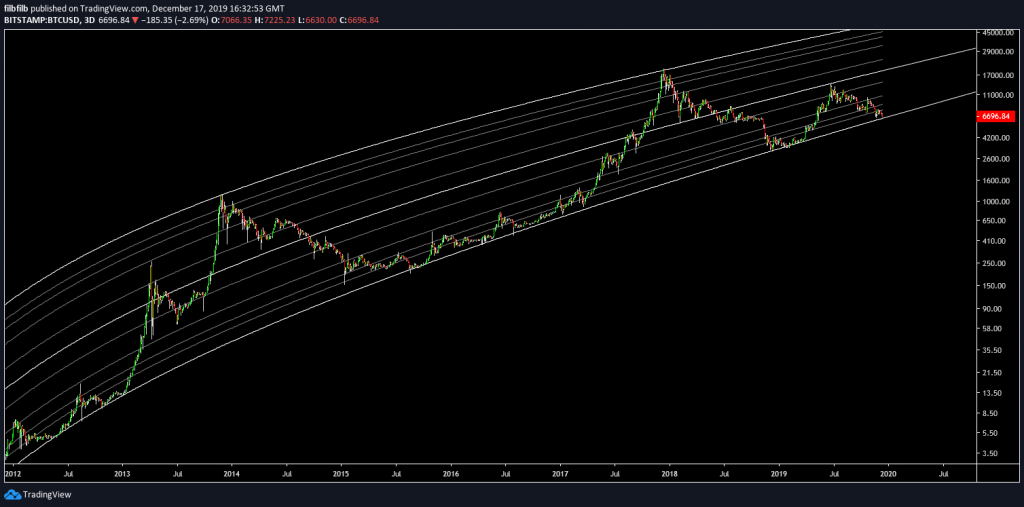The SEC announced yesterda...
The SEC
In a statement, Block.one said that the settlement relates specifically to the ERC-20 tokens sold during the ICO, which are no longer in circulation. EOS transitioned from ERC-20 to its own chain in June 2018. These tokens will not be required to be registered as a security with the SEC. Moreover, Block.one said that this settlement resolves all ongoing matters between them and the SEC.
If you recall, this settlement only reinforces the previous statements made by SEC officials. The SEC’s Director of the Division of Corporation Finance, William Hinman, said in June 2018 that the sale of ETH did not represent securities transactions because the network was already ‘sufficiently decentralized.’ Hester Peirce said in February 2019 that the tokens sold for use in a functioning network, rather than as investment contracts, fall outside the definition of securities.
Ethereum escaped the fines likely because it was much harder for the SEC to go after anyone. Similarly to Ethereum, EOS was an unregistered security at the time of sale but since it has transitioned to a functioning “decentralized” network, the SEC no longer requires it to register as a security and it can be traded on all cryptocurrency exchanges.
But let’s talk about the elephant in the room — the precedent that this sets for other companies thinking of issuing a token. Let’s take Blockstack for example. Blockstack recently completed the first SEC-approved token offering, raising $23 million between its Reg A+ offering for the general public as well as its Reg S offering for institutional investors in Asia. But Blockstack spent 10 months and about $2 million getting SEC approval for the Reg A+ sale. That’s 8.7% of the total raise in contrast to 0.6% that Block.one had to pay to the SEC.
Arguably, since Blockstack paved the way for compliant utility token fundraises, other companies won’t have to spend as much cash or time for doing the same. But the costs will still be significant.
Now, who would you rather be? Block.one or Blockstack? Blockstack has a ‘runway’ of less than 3 years, has to file ongoing reports, submit audited financial statements and on top of that, its tokens must be traded on a regulated securities exchange in the U.S. with virtually no liquidity. Block.one, on the other hand, raised several billion dollars, has decades of ‘runway’, got slapped on the wrist with a minuscule fine, has regulatory clarity and EOS can also be listed on all cryptocurrency exchanges with a ton of liquidity. Tough choice, right?
Just to put this in perspective, Block.one has so much money they spent $150 million on developing its social media site Voice.com. The domain itself cost Block.one $30 million, which is more than Blockstack raised in their compliant fundraise and also more than the SEC’s fine.
So why would other companies want to follow in Blockstack’s compliant footsteps when they can just promise a ton of really cool (undeliverable) features, advertise on Times Square, raise a ton of cash that they can use to pay for really good lawyers and then get away with it? The answer is — I have no clue. And I wouldn’t be surprised if we see a resurgence of new ICOs doing the same as Block.one.
source https://www.tokentalk.co/The Block/dont-ask-for-permission-hire-good-lawyers-and-then-ask-for-forgiveness-5d931d11e6d37cbf4e6557bc

No comments:
Post a Comment